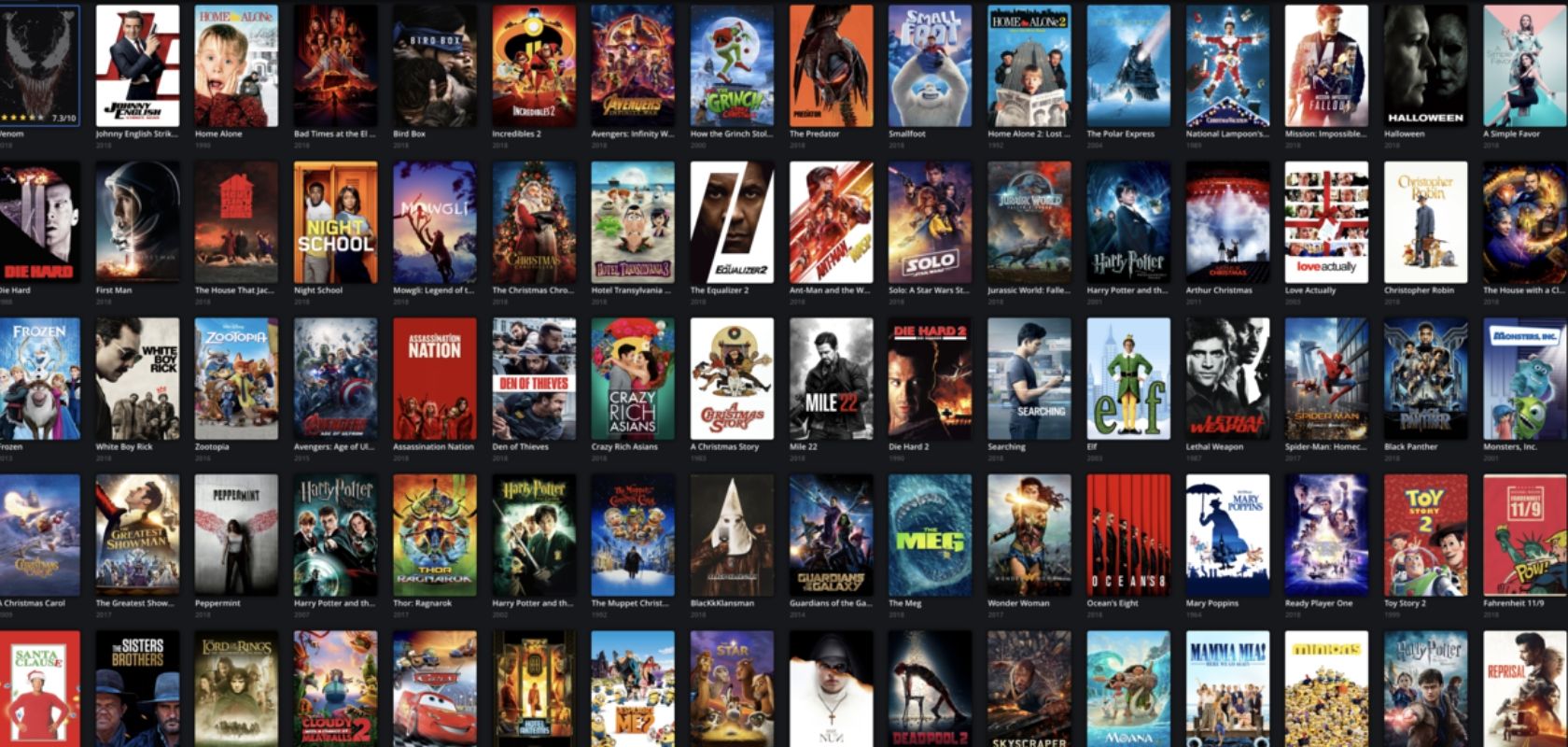A website operator has now found himself slapped with a conditional prison sentence after simply hosting information about the piracy app Popcorn Time. While the website didn’t host the infringing software, it did provide information about it – and this was seen as a criminal liability on grounds of copyright infringements in the Danish Supreme Court.
Popcorn Time is a widely popular client that enables users to stream a myriad of torrent files on an appealing interface. To curb piracy and go after the infringers, several rights-holders started targeting the forks and developers supporting Popcorn Time.
For instance, websites such as the popcorntime.dk were shutdown for simply hosting the availability status and information with regards to Popcorn Time. Danish law enforcement started a formal criminal investigation back in August 2015 and went on to arrest the alleged operator of popcorntime.dk.
At the time of the arrest of the aforementioned site’s operator, it was found highly unusual to take someone into custody for running a website that merely provided instruction, news, and information about accessing Popcorn Time. Generally speaking, cases of this magnitude concerning a small pool of users would be blown over.
However, as the Danish law enforcement ended up triggering a criminal prosecution, the operator is now facing a potential prison sentence. In 2018, a Danish court’s verdict stated that the site owner/operator of popcorntime.dk was to face a conditional 6-month prison sentence.
But then, according to Torrent Freak, the site owner ended up appealing the case to the High Court, which ended up levying a similar sentence too. As a last resort, the site owner took his case to the Danish Supreme Court which gave its final verdict yesterday. It also agreed with the verdicts announced by the country’s lower courts and found that the site owner was liable for “contributory infringements”.
During the course of the legal battles, the site owner defended himself by saying that the rulings against himself primarily restricted his right to freedom of expression and information, which in turn violates Article 10 of the European Convention on Human Rights. The Supreme Court however squashed his claims by stating that he was specifically enabling users who were looking to access pirated content online, making him an infringer.
As of now, the site operator is slapped with a 6-month conditional prison sentence, 120 hours of community service alongside a confiscation of $67,000 he made through advertisement revenue.













